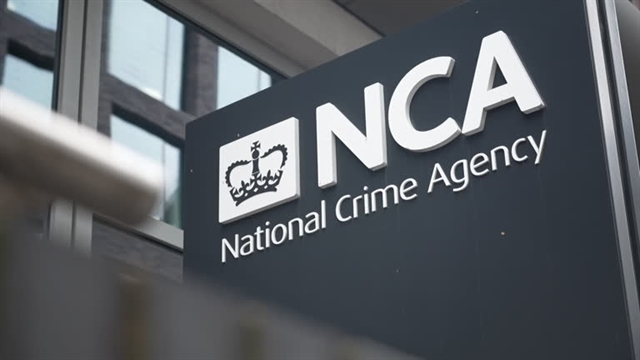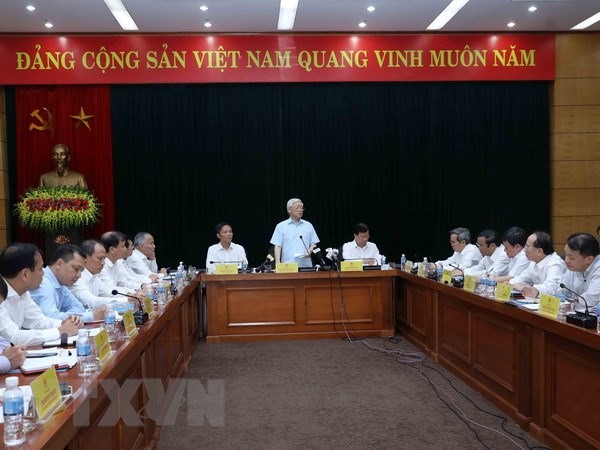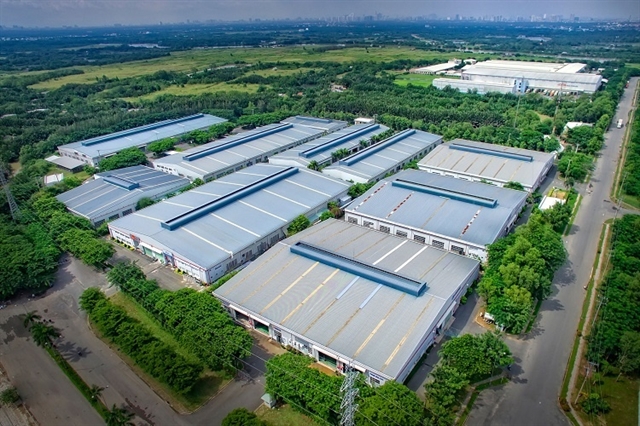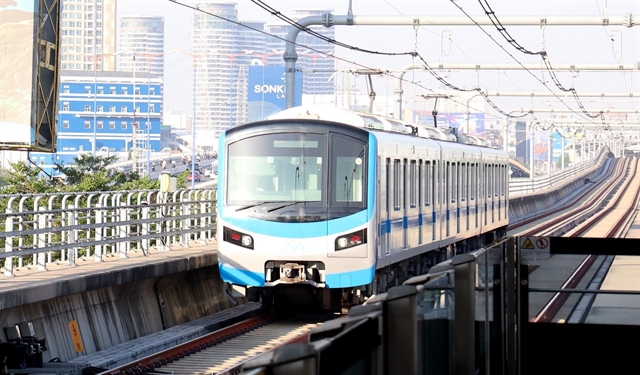 Politics & Law
Politics & Law

Over the past 30 years of reform and integration, the industry and trade sector had become an economic spearhead, providing important momentum for national recovery and development, and helping Việt Nam turn from a poor country into a middle-income nation, said Party General Secretary Nguyễn Phú Trọng.
 |
| Party General Secretary Nguyễn Phú Trọng speaks at a working session with leaders of the Ministry of Industry and Trade. VNA/VNS Photo Phương Hoa |
HÀ NỘI — Over the past 30 years of reform and integration, the industry and trade sector had become an economic spearhead, providing important momentum for national recovery and development, and helping Việt Nam turn from a poor country into a middle-income nation, said Party General Secretary Nguyễn Phú Trọng.
The Party chief made the remarks at a working session with leaders of the Ministry of Industry and Trade (MoIT) on the implementation of the Resolution of the 12th National Party Congress, as well as major tasks for the remaining months of 2018 and the years beyond.
The industry, trade, and service sector currently contributed over 80 per cent to the nation’s gross domestic product (GDP) and about 70 per cent to the State budget, he said.
The leader said after the 12th National Party Congress in 2016, the industry and trade sector had faced a range of difficulties and challenges. However, the sector had made all-out efforts to complete its tasks and made significant contributions to the country’s reform, integration and socio-economic development, he stressed.
He asked the MoIT to follow the strategic policies and guidelines set by the Party; keep a close watch on the domestic and international situation in order to actively integrate into the world; build on the socialist-oriented market economy; and handle relations between the State, market and society.
Minister of Industry and Trade Trần Tuấn Anh reported that industrial production had exceeded its growth targets, up from 7.4 per cent in 2016 to 9.4 per cent in 2017. The rate stood at 10.5 per cent in the first half of this year.
Last year, Việt Nam’s export turnover exceeded US$200 billion for the first time after coming close the previous year with $180 billion. The country ran a trade surplus of $2.7 billion in the first six months of this year, he said.
Regarding organisational apparatus, Anh said the MoIT had cut 675 business conditions, removed 420 out of 720 goods codes subject to pre-clearance inspections, scrapped 183 out of 508 administrative procedures, and implemented 154 out of 298 online public services.
The MoIT had also built and submitted for approval 110 legal documents, completing all of its targets and helping to remove obstacles for businesses.
The sector had also worked hard to speed up capital divestment, equitisation and restructuring State-owned enterprises practically and effectively, with the most noteworthy being the equitisation of Sài Gòn Beer Alcohol Beverage Corporation (Sabeco) that made VNĐ110 trillion ($4.84 billion) for the State budget, the minister said. — VNS




